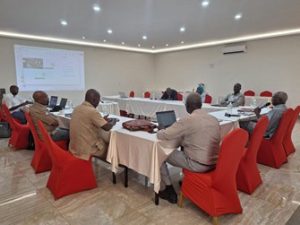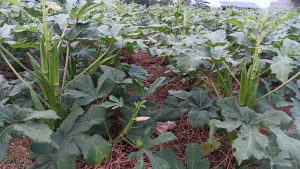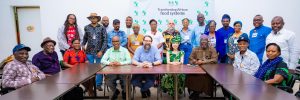Liberia: TAAT and partners convene to draw seed roadmap
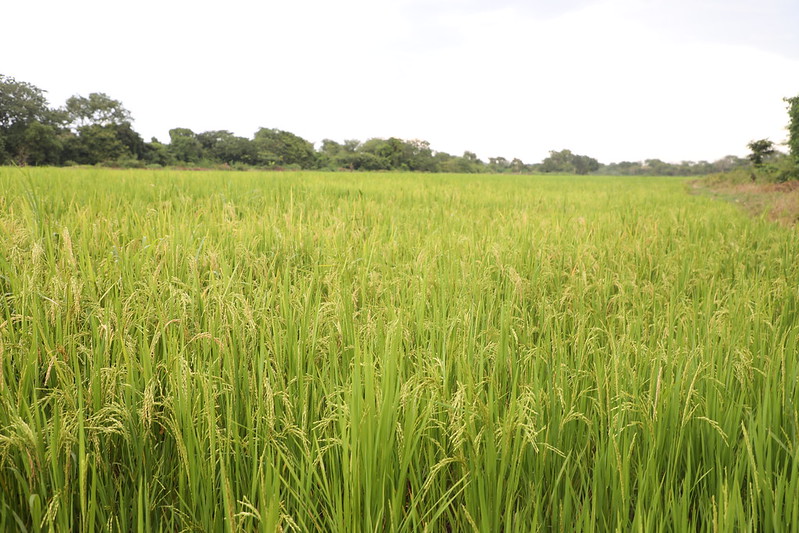
Agricultural transformation agencies, seed experts, researchers, and policymakers from Liberia and across Africa are organising a summit to draw a seed roadmap for the West African country. The consortium includes the Government of Liberia, the African Development Bank’s Technologies for African Agricultural Transformation (TAAT), Building an Economically Sustainable Integrated Cassava Seed System, Phase 2 (BASICS-II) project of the International Institute of Tropical Agriculture (IITA), and the Sasakawa Africa Association (SAA) in Nigeria.
The two-day Seed Business Summit themed, “Building a Harmonized Roadmap for Seed Sector Transformation”, is being organised in collaboration with the Liberian Ministry of Agriculture (MoA), Central Agricultural Research Institute (CARI) and other stakeholders.
The summit will be held from the 25th to 26th of March 2024 in Monrovia, the Liberian capital. The forum aims to catalyse an agricultural revolution in Liberia by establishing an economically sustainable seed system for priority crops like rice, cassava, maize, soybean, and fish.
According to the Head of TAAT Clearinghouse, Dr Solomon Gizaw, “this summit represents a direct response to the need to hold a more comprehensive audience consultation to identify major challenges, develop solutions and advocate for more investments in Liberia’s agriculture.” “This seed summit will bring together policymakers, international financial institutions and policymakers, scientists, the private sector and farmer organizations to a roundtable discussion to broker investments for Liberian agricultural transformation with quality inputs, particularly seed as a primary entry point,” Dr Gizaw added.
“Factors limiting growth in Liberia’s agricultural sector include the underdeveloped seed sector characterised by poor quality seeds, a weak seed regulatory framework, a struggling research system for variety maintenance, and a feeble private sector participation in the seed system”, says Dr Godwin Atser, the Country Director of SAA-Nigeria. “A solid seed system will surely change the country’s agricultural landscape. In this summit, SAA, BASICS-II, TAAT, and other partners will share the models currently strengthening the seed system in Nigeria.”
The BASICS-II Project Manager, Prof Lateef Sanni, explained that the seed business summit would elevate the voices of value chain actors in the rice, cassava, maize, soybean, and fish seed systems by sharing success stories on increasing the availability of climate adaptive, improved, and disease-free seed to improve farmers’ livelihoods.
According to Prof Sanni, “the summit will produce outcomes that will form the basis of future investment in Liberia’s seed system. It will produce recommendations that will help forge a roadmap that will feed into the country’s agricultural policies and plans: the Liberia Agriculture Sector Investment Plan, the Pro-Poor Agenda for Prosperity and Development, and other developmental initiatives in the country. Moreover, other sub-Saharan African countries can take a cue from it.”
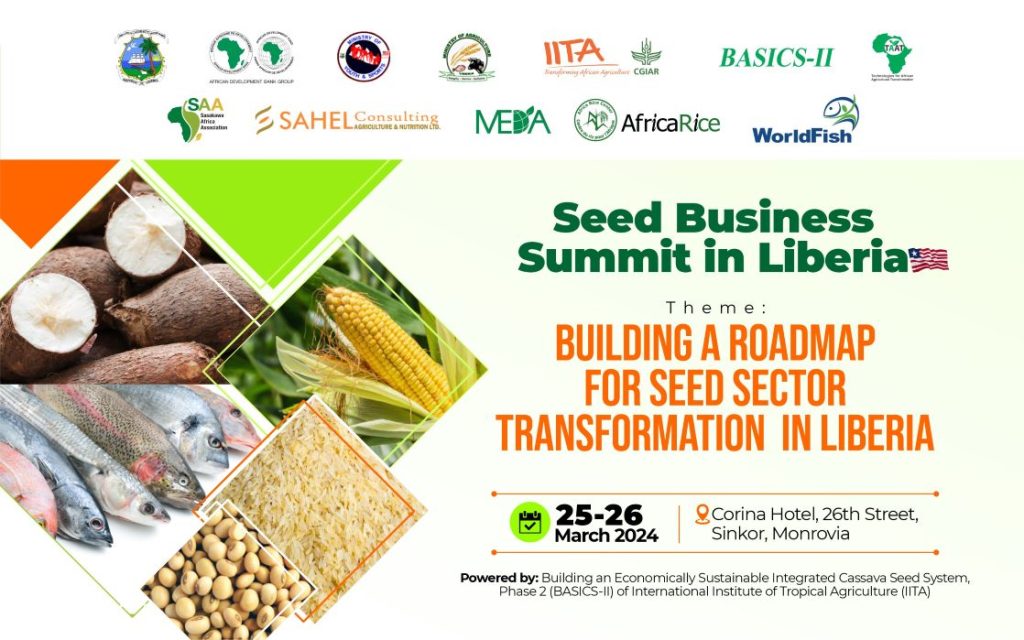
The Liberian Minister of Agriculture, Dr J. Alex Nuetah, will chair the summit’s opening ceremony with the support of other Liberian dignitaries from the parliament and related ministries.
Other national stakeholders and International Development partners expected at the summit include the African Development Bank (AfDB), the Bill and Melinda Gates Foundation, the Food and Agriculture Organization (FAO); the Competitive African Rice Initiative (CARI); the Integrated Rice-Fish Farming System (IRFFS), the WorldFish Centre, the AfricaRice Centre, African Agricultural Technology Foundation (AATF) and the World Bank.
Others are the European Union’s Development Smart Innovation through Research in Agriculture (DeSIRA) initiative; Word Food Programme (WFP); International Monetary Fund (IMF), United States Agency for International Development (USAID); the EU, France, GIZ, Ireland, JICA and China, as well as agencies of the UN system. Farmers, seed producers, Universities of Agriculture, and the National Seed Board of Liberia will also attend.
Recent Stories
Related Stories
- TAAT and the imperatives of food systems transformation in Benin
- TAAT and the imperatives of transforming agriculture in Liberia
- COTE D’IVOIRE: TAAT and Partners convene stakeholders for a seed roadmap
- TAAT facilitates seed roadmap to boost agricultural productivity in Benin
- Seed System: TAAT rallies Stakeholders for a Seed Roadmap for Benin


